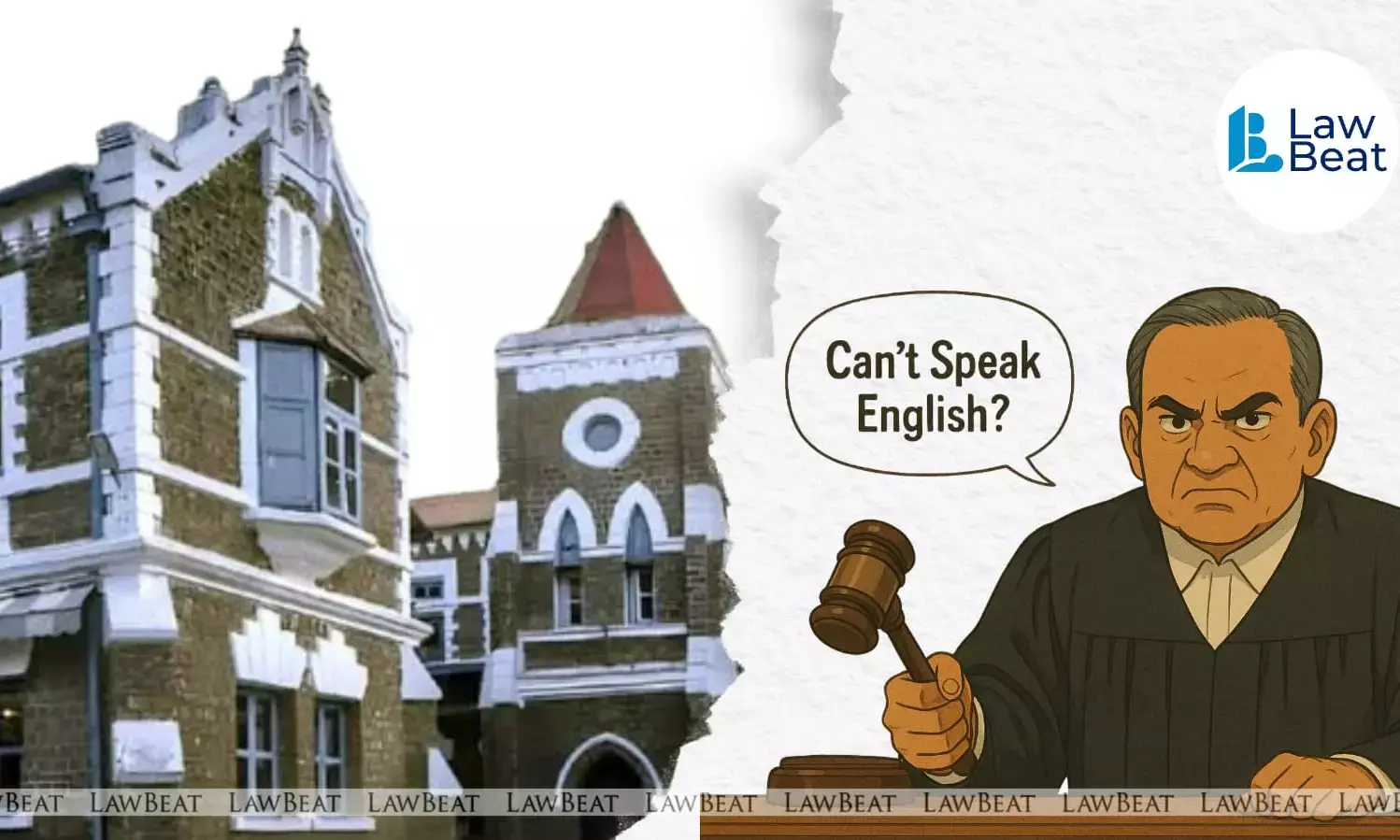Language Bias in Judiciary? SC Lawyer Objects to HC’s English Remark on ADM

A Supreme Court advocate has written to the President, Prime Minister, and Chief Justice of India, raising concerns over a recent observation made by the Uttarakhand High Court regarding an officer’s ability to speak English.
The letter, dated August 3, 2025, refers to the court’s July 18 proceedings in a public interest litigation (Akash Bora vs State of Uttarakhand & Others), during which the bench comprising Chief Justice G. Narendar and Justice Alok Mahra questioned whether an office, who stated he could not speak English, was fit to hold an executive post.
The officer in question, Vivek Rai, serves as Additional District Magistrate and Electoral Registration Officer in Nainital. During his appearance in court, he responded in Hindi and submitted that while he could understand English, he could not speak it.
Court later directed the State Election Commissioner and the Chief Secretary to examine whether such an officer could continue in an executive role, citing concerns over administrative effectiveness.
extremely regrettable, unconstitutional, and against India's language policy, judicial dignity and administrative self-respect
Terming the remark "extremely regrettable" and “against judicial dignity and administrative self-respect,” Advocate Aditya Kashyap said the observation runs contrary to the language policy enshrined in the Constitution.
If officers are fulfilling their duties lawfully in Hindi, the official language of the state, their English fluency should not be grounds to question their suitability, the letter said. "It is unfair and insulting to question their efficiency on the basis of not being able to speak English", Kashyap stressed.
Kashyap cited Articles 343 (1), 345, and 348(2) of the Constitution to support his argument. He noted that Hindi is the first official language of Uttarakhand and that the Constitution allows for the use of regional languages in official proceedings with prior approval.
"The necessity of speaking English in administrative services has neither constitutional basis nor moral justification...If the Additional District Magistrate can understand English and implement orders, then not being able to speak English is not an administrative fault", the letter added.
Kashyap also raised a counterpoint: If a judge does not speak Hindi, would that render them ineligible for appointment in a Hindi-speaking state like Uttarakhand? If the answer is "no", he argued, then questioning the eligibility of an officer solely for not speaking English is equally unjustified.
Kashyap urged the withdrawal of the remark with a public clarification, and called for institutional recognition that English is not a prerequisite for executive functioning. He also sought formal affirmation that working in Hindi should be given respectable priority in the courts of the state.
Moreover, to protect the constitutional self-respect of officers like Additional District Magistrate Vivek Rai, Kashyap urged that they should be publicly honored.
The July 18 order by the High Court came in the context of alleged irregularities in electoral roll preparation in Nainital. Court noted that officials had relied solely on the Family Register maintained by the Gram Panchayat, which it said was not among the documents prescribed under the Uttar Pradesh Panchayat Raj (Registration of Electors) Rules, 1994. Court listed the matter for further hearing on July 28 and directed the Election Commissioner and Chief Secretary to appear virtually and clarify the stand of the state.
The advocate’s letter, also marked to the Governor of Uttarakhand and the Union Law Minister, urged officials to uphold the constitutional dignity of officers using Hindi in the course of their duty.
“Speaking Hindi is not a crime, it is the soul of India. It should not be considered a disqualification but a symbol of dignity,” the letter said.
